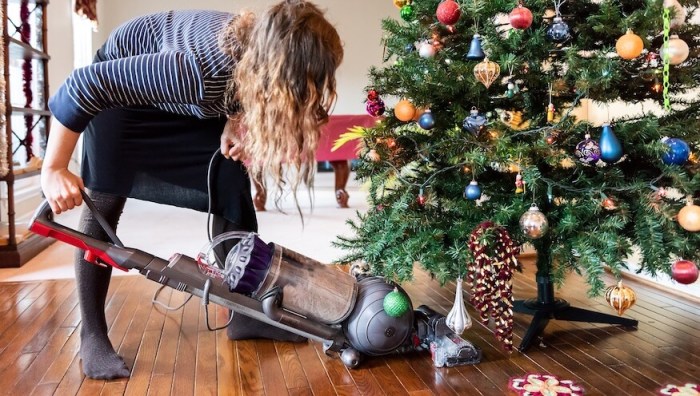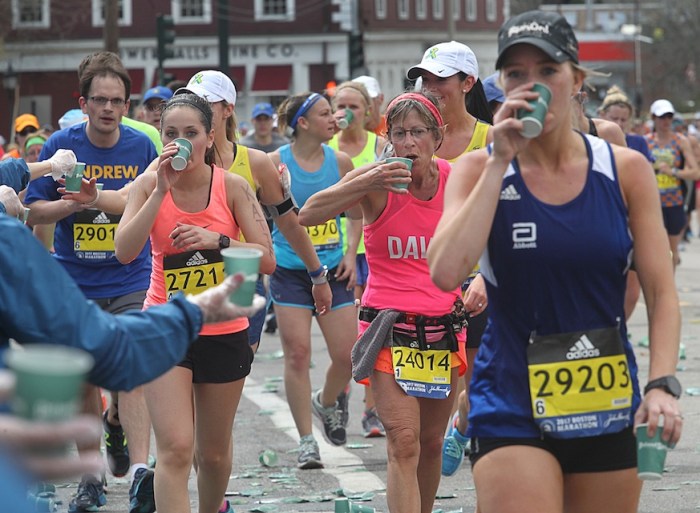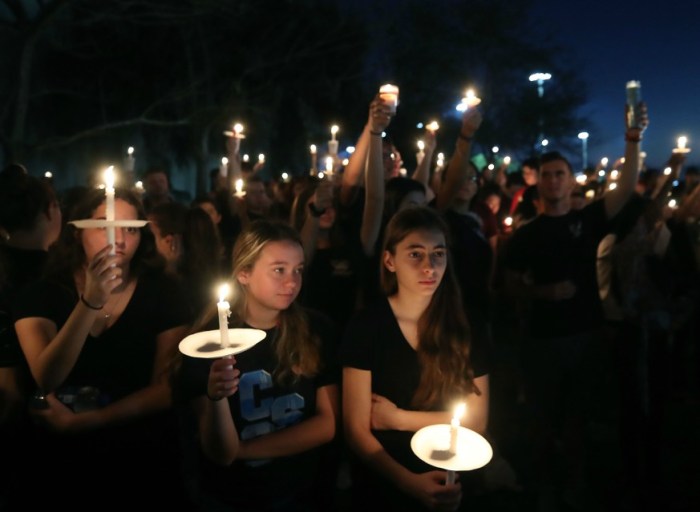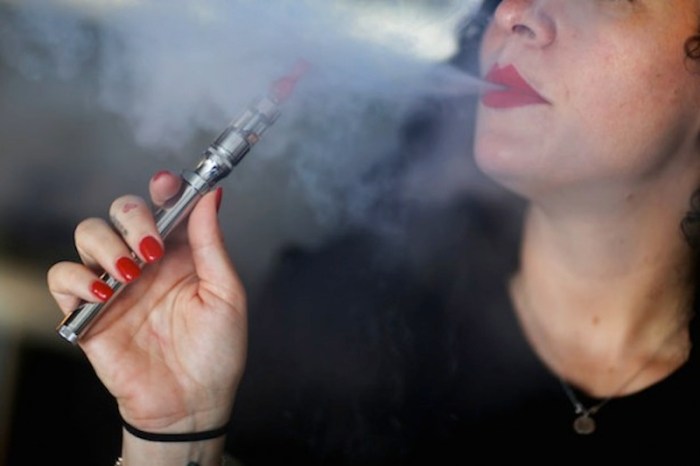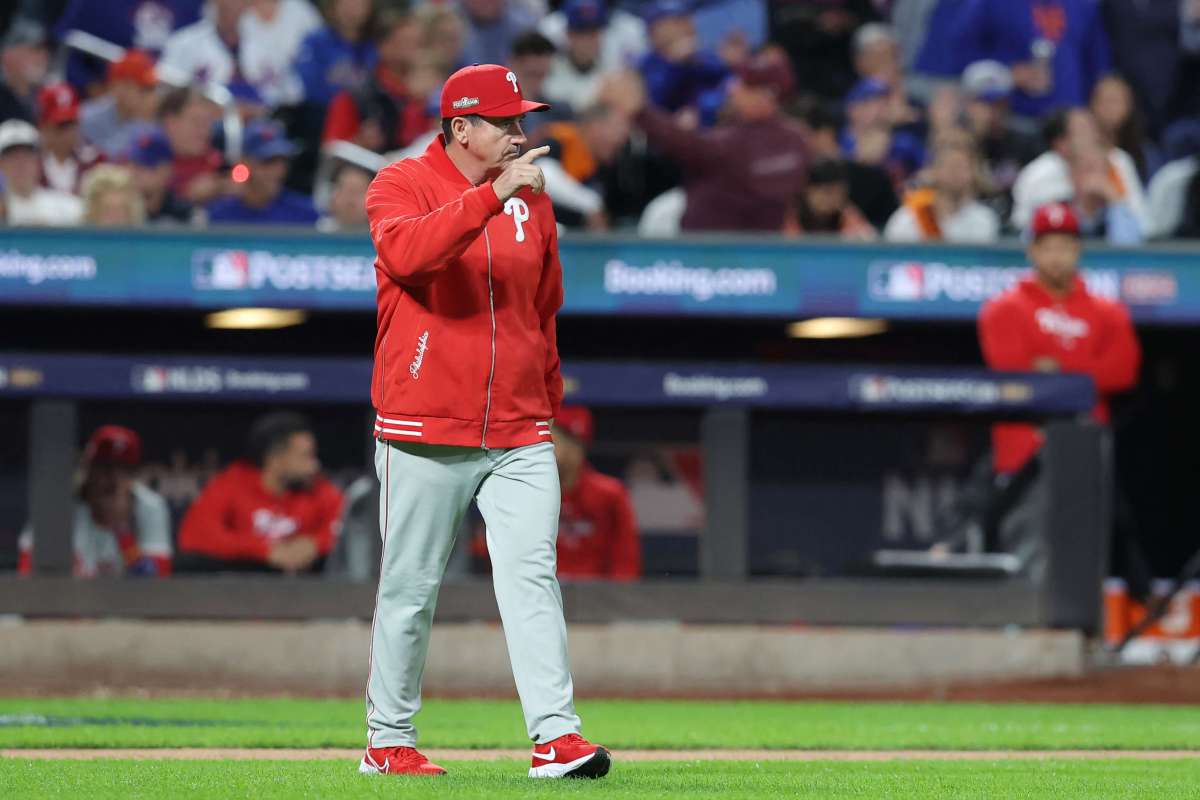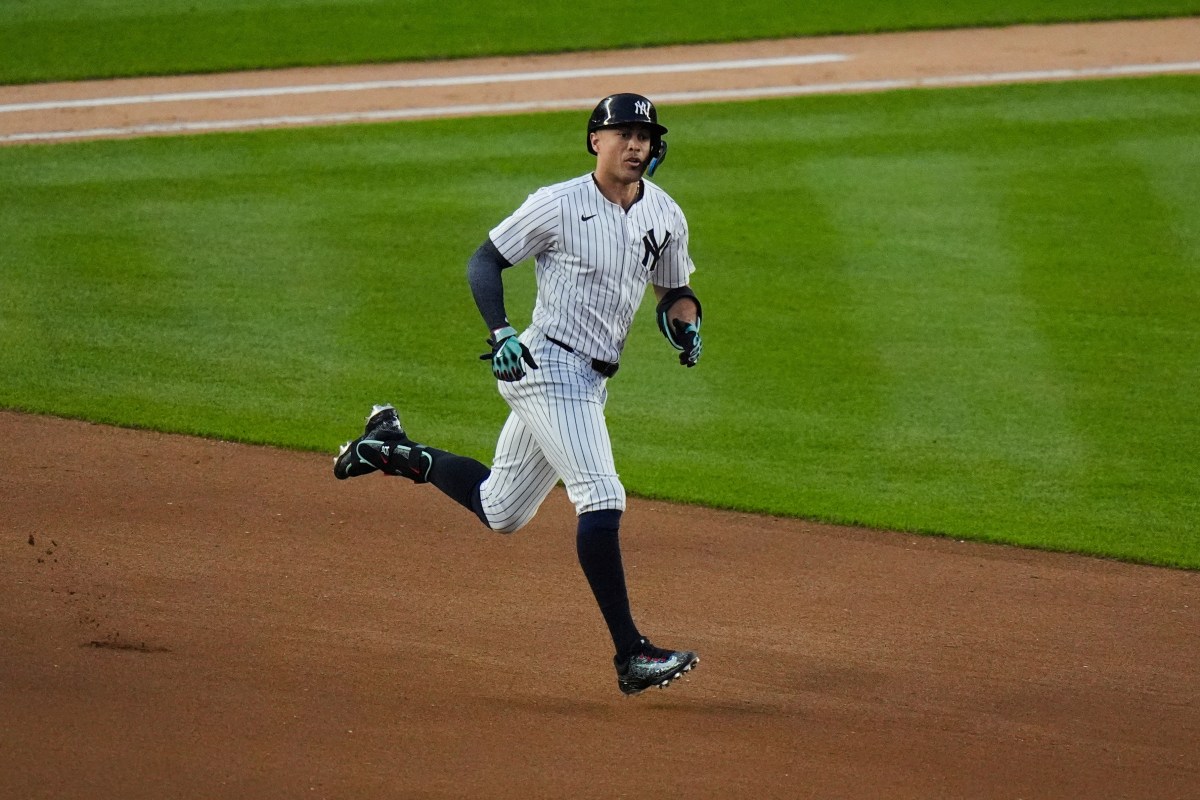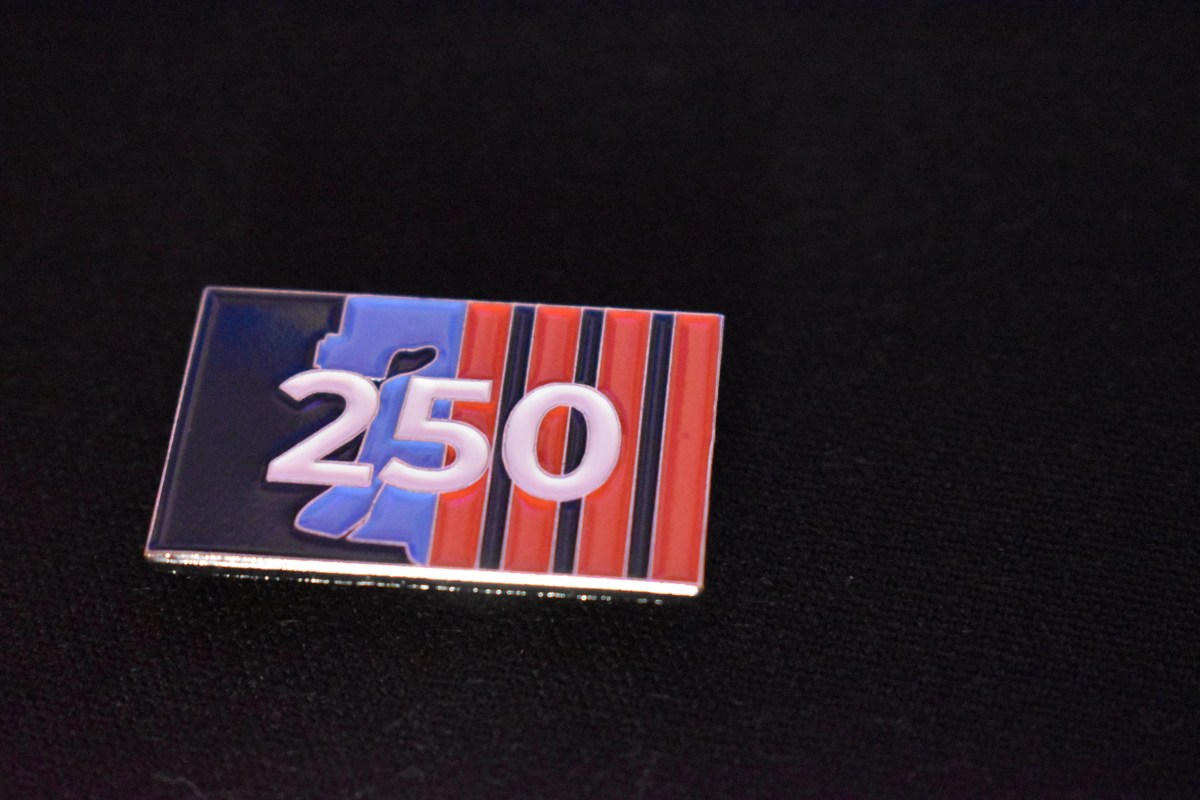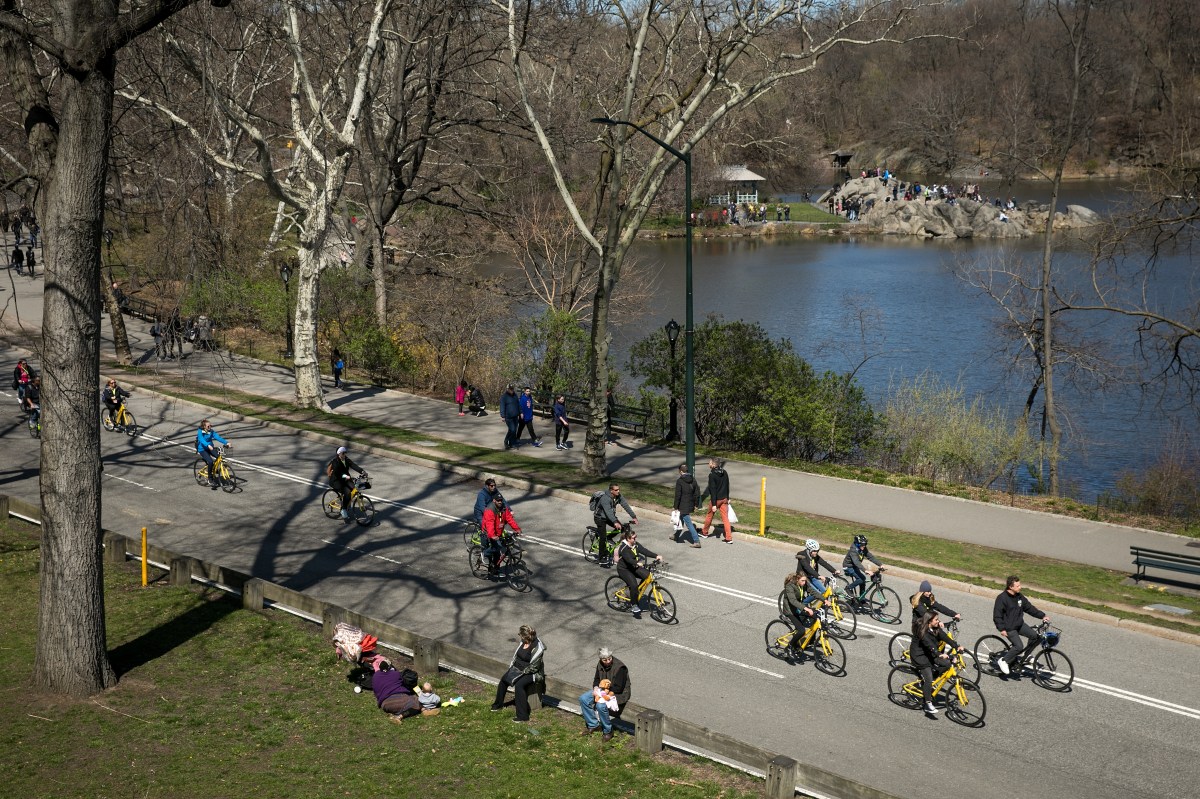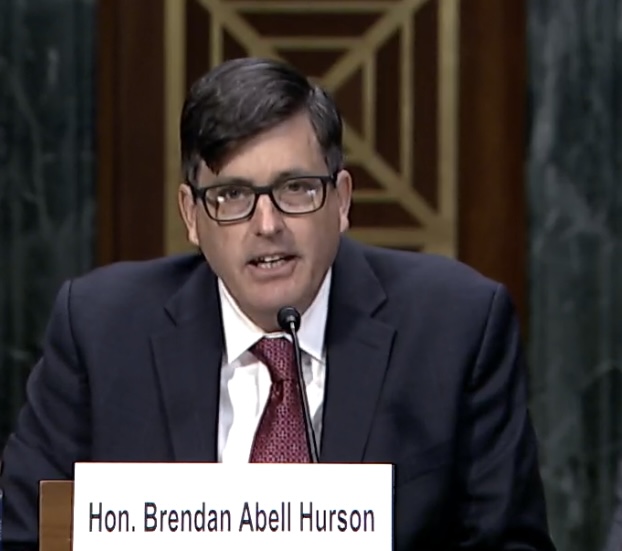One clear example of the opioid problem in Boston can be seen just by looking down at the ground. More than 3,000reports of used needles on the streets were made last year to the city’s 311 information line, prompting local elected officials to investigate. In a meeting on Wednesday, City Councilor Annissa Essaibi-Georgesaid she wanted to explore safe disposal practices for the used needles, which she called a side effect of that epidemic. “We heard about this issue from librarians, coaches and first responders” Essaibi-George said. “We need to keep these people and everyone in Boston safer.” The opioid epidemic continues to plague Massachusetts. Opioid deaths continue to rise in the state, according to a Department of Public Health report, with more than 1,400 dying of unintentional overdoses in 2016. RELATED:Opioid overdoses continue to rise in Massachusetts: Report Needles that are not properly disposed of also pose a public health risk by potentially spreading Hepatitis C and HIV, officials said.
To combat that aspect of the issue, the city needs to concentrate its hazardous waste disposal contracts and set up moresharps collection containers, Essaibi-George said. City Councilor Tim McCarthy, who proposed the hearing with Essaibi-George, has experience with the issue. McCarthy discussed the topic in a hearing he put together last year after a young girl was pricked by a needle in a park. He said not enough is being done to deal with the problem. “My request was really simple, that Boston Public Schools put together an educational package for its 57,000 kids, so they know better than to pick up a needle,” he said. McCarthy said that there was not immediate followup with BPS but he is working with officials there to perhaps start on this initiative in the spring.
“There could be tragedies dodged if kids as young as 3, 4, 5, knew not to pick that up,” he said.
“The Boston Public Schools is grateful for the Council’s deep interest in protecting the city’s children, and we look forward to working with them to better inform all of our young students about the hazards of discarded needles,” a BPS spokesperson said in an email. “The safety of students and staff is always a top priority of the Boston Public Schools,” the comment continued. “Whenever needles are found in any of our schoolyards, the district takes swift action to address the issue.” RELATED: Gloucester Police program helps nearly 400 addicts in first year Councilor Tito Jackson said that a nurse at Roxburyschool once told him that every morning, she picks up hypodermic needles before the kids arrive.
“A BPS staff member is putting herself at risk for Hepatitis, HIV and other blood-borne illnesses every single morning,” he said. “We have to step forward and do right…This is urgent.” School staff and custodians who are properly trained search school grounds multiple times throughout the day and the Boston Public Health Commission’s Mobile Sharps Unit is brought in to regularly check school property and remove any discarded needles, according to BPS. Some schools have also adopted a “Stop, Turn and Tell” campaign in which students are instructed to stop if they see anything unfamiliar, turn away and to tell an adult.
A search of 311 reports onlinefor the word “needle”brings up 200 reports in the last month, with at least nine reports of needles found in Jamaica Plain, Roxbury and Dorchester on March 8. This story was updated with comments from Boston Public Schools
More than 3,000 hypodermic needles reported on Boston streets in 2016 gets City Council’s attention
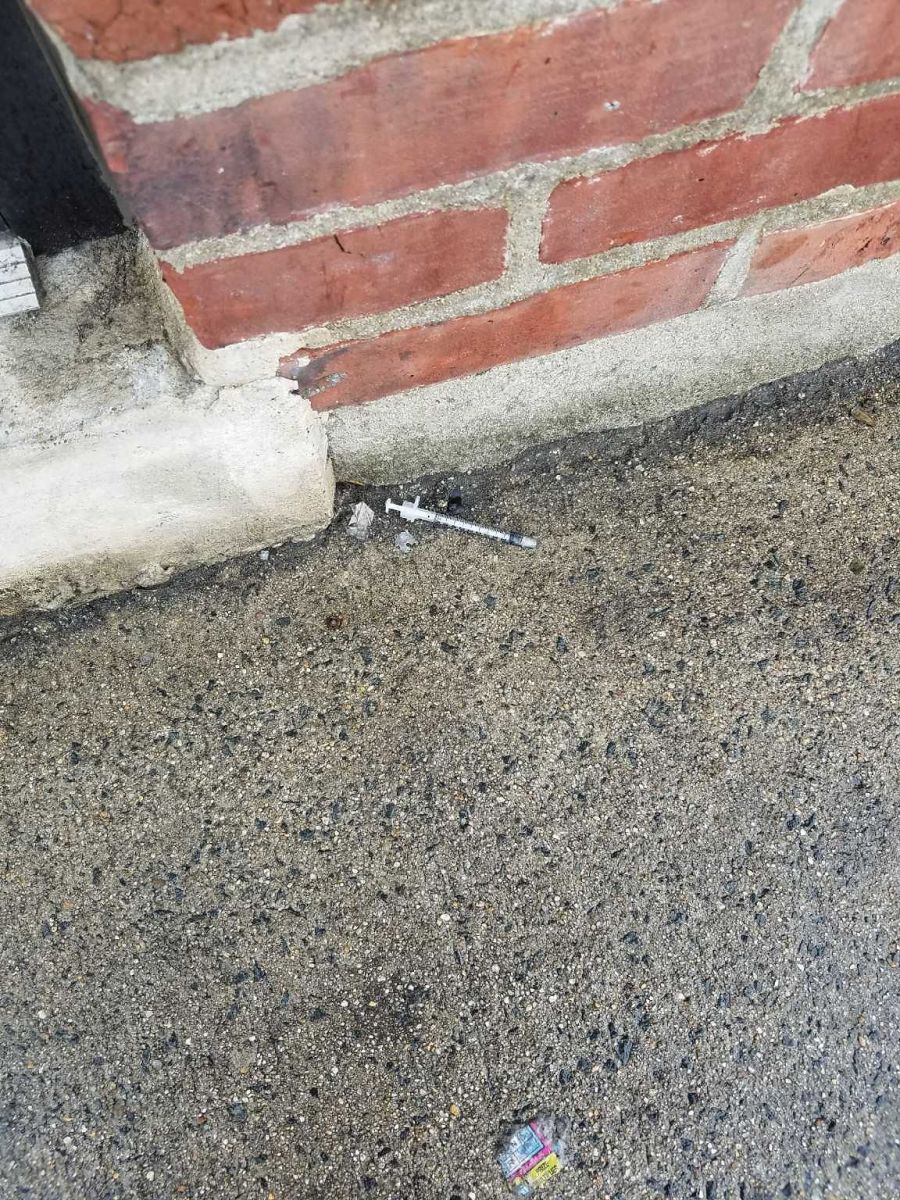
BOS:311

